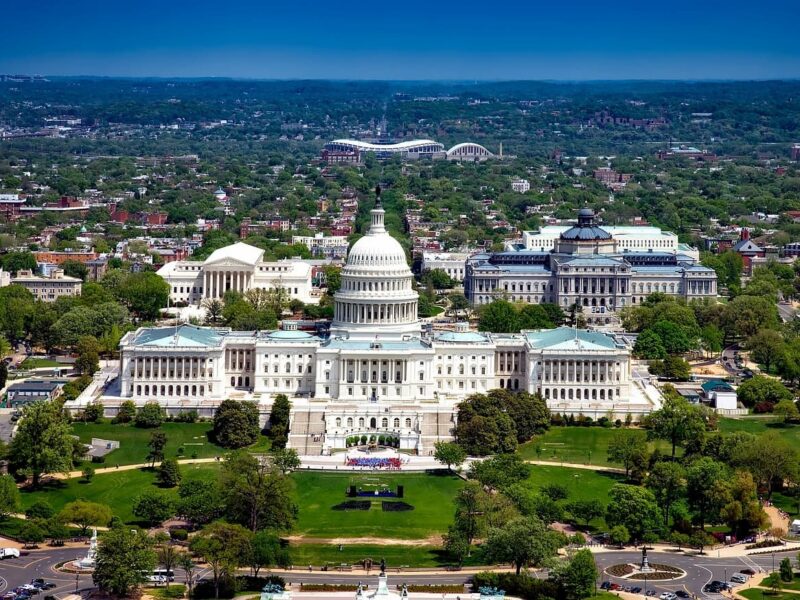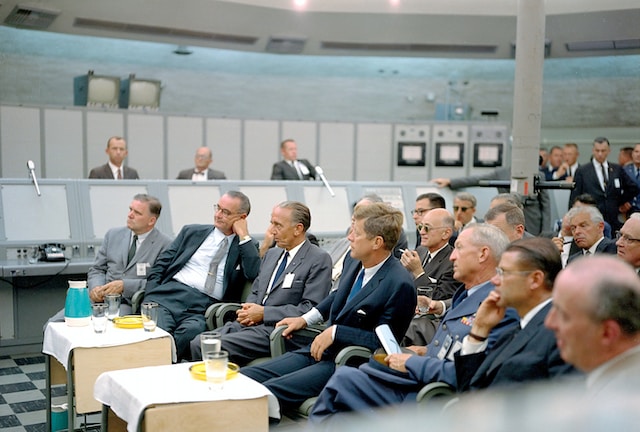Much of the foreign policy debate in the United States today revolves around the fundamental importance of American primacy and globalization. Americanists, so-called because they emphasize American primacy, envision a world in which the United States can use its superior power to get what it wants, regardless of what others want. They believe that the United States must show the will to act alone if necessary. Globalists emphasize globalization. They see a world that challenges unilateral U.S. decisions and instead requires international cooperation. They warn against the idea that America can do it alone.
Americanists see two big advantages in American primacy. First, it allows the United States to set its own foreign policy goals and achieve them without relying on others. The result is a preference for unilateral action, unbound by international agreements or institutions that would otherwise limit America’s ability to act. As Charles Krauthammer puts it, “The unprecedentedly dominant United States…is in a unique position to shape its own foreign policy. After a decade of Prometheus playing pygmy, the first task of the new [Bush] administration is to restore American freedom of action.” Therefore, the views, preferences, and interests of allies, friends, or anyone else should not influence America’s actions.
Second, because American power allows the United States to pursue its interests as it pleases, American foreign policy should seek to maintain, expand, and strengthen this relative position of strength. As President Bush told the graduating West Point cadets last June, “America has and intends to maintain military power without challenge, thereby rendering meaningless the destabilizing arms races of other eras and limiting rivalries to trade and other pursuits of peace.” In other words, the United States can best achieve its political goals if it can prevent others from gaining the power they need to effectively confront it when interests clash. This is as good a definition of what an American empire could constitute as one can get.
In contrast, globalists emphasize that globalization is both limiting and transforming America’s ability to use its power to influence events abroad. In essence, the challenges and opportunities created by the forces of globalization are beyond America’s ability to act alone. Combating the spread of infectious diseases, preventing the proliferation of weapons of mass destruction, defeating terrorism, ensuring access to open markets, protecting human rights, promoting democracy, and preserving the environment all require the cooperation of other countries. As British Prime Minister Tony Blair succinctly put it after the September 11 attacks, “we are all internationalists now.”



